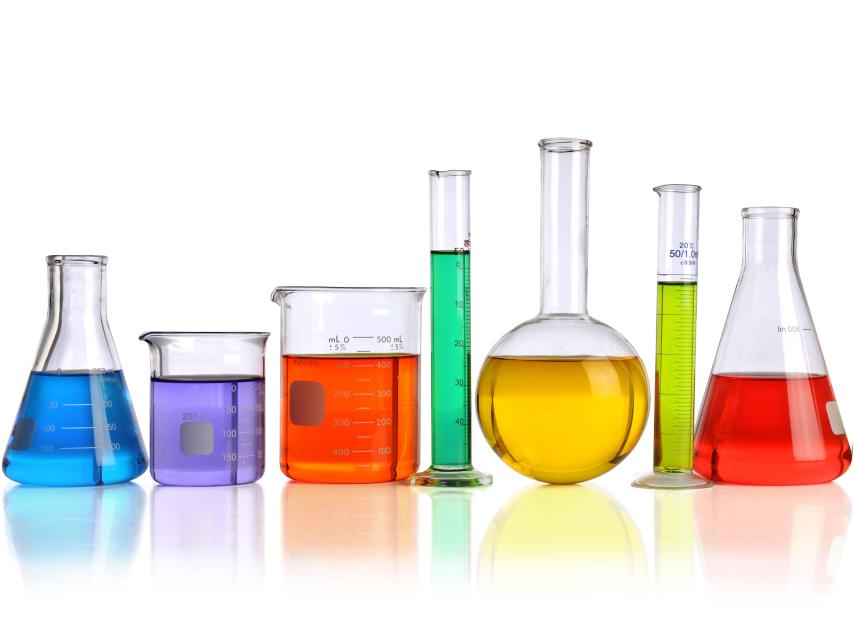Glass Manufacturing Inorganic Raw Material Analysis
In the glass manufacturing industry, inorganic raw materials play a crucial role. These materials are essential components that determine the quality and performance of the final product. Proper analysis of these raw materials ensures adherence to international standards and contributes significantly to the overall efficiency of production processes.
The process involves several steps starting from sample collection to final reporting. Samples are collected from various inorganic raw material sources, including sandstone, limestone, feldspar, soda ash, and other minerals. These samples need to be thoroughly analyzed to ensure they meet specific chemical compositions required for the production of high-quality glass.
Our laboratory uses state-of-the-art equipment such as Inductively Coupled Plasma Optical Emission Spectrometry (ICPOES), X-ray Fluorescence (XRF) spectrometer, and Fourier Transform Infrared Spectroscopy (FTIR). These instruments provide precise measurements and accurate data interpretation necessary for detailed analysis.
The testing process includes multiple stages: sample preparation, digestion, dissolution, instrumental analysis, and finally, reporting. Each stage is critical to ensure that the final results are reliable and representative of the actual composition of raw materials used in glass manufacturing.
Sample preparation involves grinding and sieving the collected samples into a fine powder suitable for further processing. This ensures uniformity which is essential for accurate measurements during dissolution. Dissolution uses appropriate reagents to break down the solid sample, releasing its constituents into solution form where they can be analyzed using various instruments.
Instrumental analysis then takes place, employing techniques that provide quantitative and qualitative information about the elements present in the sample. This includes identifying trace amounts of impurities which might affect the quality of the final product if not controlled properly.
The results obtained from these analyses are meticulously documented and reported to our clients. Our reports are comprehensive documents detailing all aspects of the analysis performed, including any deviations from expected values that could indicate issues with sourcing or processing of raw materials.
Industry Applications
| Application | Description |
|---|---|
| Sandstone in Raw Material Analysis | Determines the presence of silica which is fundamental for glass formation. Ensures consistent quality and reduces production variability. |
| Limestone in Raw Material Analysis | Measures calcium content crucial for stability and durability of the glass product. |
| Feldspar in Raw Material Analysis | Evaluates potassium oxide, sodium oxide, alumina, etc., key components influencing glass melt properties like viscosity and melting point. |
| Soda Ash in Raw Material Analysis | Assesses sodium carbonate content affecting soda-lime glass production efficiency and quality. |
| Boric Acid in Raw Material Analysis | Identifies boric oxide content important for producing borosilicate glasses known for their thermal shock resistance. |
Eurolab Advantages
At Eurolab, we pride ourselves on providing top-tier analytical services tailored specifically to meet the needs of glass manufacturers. Our team comprises highly skilled chemists and technicians who bring extensive experience in the field.
We offer rapid turnaround times without compromising accuracy or precision. This ensures that your production processes remain uninterrupted while still meeting stringent quality control standards. Additionally, our use of cutting-edge technology guarantees reliable results every time.
Our commitment to excellence extends beyond just analysis; we also provide expert advice on raw material selection and optimization based on our findings. By leveraging this expertise, you can enhance your product development efforts and improve overall operational efficiency.
We maintain strict adherence to international standards such as ISO 9001 for quality management systems, ensuring that all our services comply with global best practices. This enhances client confidence knowing they are working with an internationally recognized organization.
Customer Impact and Satisfaction
By choosing Eurolab for your glass manufacturing inorganic raw material analysis, you can expect significant benefits impacting both internal operations and external reputation. Here’s how:
- Enhanced Quality Control: Accurate identification of raw materials ensures consistent quality across all production batches.
- Reduced Waste: Precise analysis helps avoid overuse or underutilization of resources, leading to cost savings and environmental benefits.
- Better Decision Making: Reliable data supports informed decisions regarding supplier relationships and process improvements.
- Increased Productivity: Faster access to accurate information streamlines workflow and speeds up decision-making processes within the organization.





